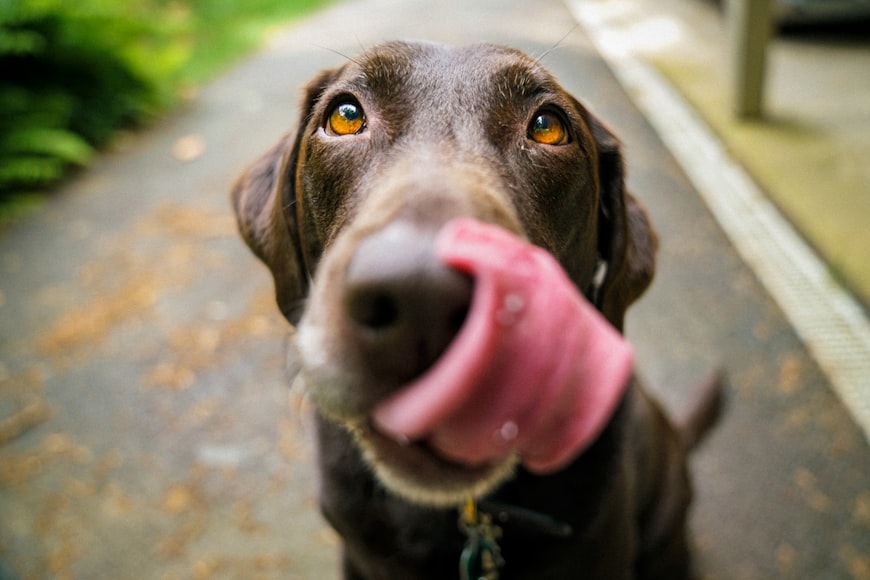VI. Medical Treatment
Diarrhea, a common ailment in puppies, can range from a minor nuisance to a life-threatening condition. While many cases of diarrhea resolve on their own, it’s crucial to seek veterinary attention if symptoms persist or worsen.
Eighth: Consulting a Veterinarian
If your puppy’s diarrhea persists for more than 24 hours, becomes severe, or is accompanied by other symptoms such as lethargy, vomiting, or a loss of appetite, it’s essential to consult a veterinarian promptly. The veterinarian will perform a thorough examination to determine the underlying cause of the diarrhea and recommend appropriate treatment.
Ninth: Medications and Prescription Diets
Depending on the underlying cause of the diarrhea, your veterinarian may prescribe medications or a prescription diet to alleviate symptoms and promote recovery.
Medications:
- Antibiotics: If the diarrhea is caused by a bacterial infection, antibiotics will be prescribed to eliminate the bacteria.
- Antiparasitics: If parasites are responsible for the diarrhea, antiparasitic medications will be given to kill or expel them.
- Probiotics: Probiotics are live bacteria that support the growth of beneficial bacteria in the intestines, helping to restore normal gut function.
- Anti-diarrheal agents: These medications slow down the passage of stool through the intestines, reducing the frequency and severity of diarrhea.
Prescription Diets:
- Low-fat diets: Fat can worsen diarrhea by stimulating the production of intestinal secretions.
- Bland diets: Bland diets, which are easy to digest, can reduce stress on the digestive tract and help stabilize stools.
- Highly digestible diets: These diets contain easily digestible ingredients that can be quickly absorbed by the intestines.
- Prescription diets designed for specific digestive conditions: Veterinarians may recommend prescription diets that are specifically formulated to address underlying digestive issues.
Other Considerations:
- Rehydration: Diarrhea can lead to dehydration, especially in young puppies. Offer your puppy plenty of water or an electrolyte solution to replenish lost fluids.
- Rest: Allow your puppy to rest in a quiet, comfortable place to recover. Exercise can irritate the digestive tract and worsen diarrhea.
- Hygiene: Keep your puppy’s surroundings clean to prevent the spread of infection. Disinfect any areas that have been contaminated with stool.
- Follow-up: Follow your veterinarian’s instructions carefully and schedule follow-up appointments as recommended. This will ensure that your puppy’s condition is improving and that any underlying issues are addressed.
When to Seek Emergency Veterinary Care:
Seek emergency veterinary care if your puppy exhibits any of these symptoms:
- Diarrhea that is bloody or black
- Severe vomiting
- Lethargy or weakness
- Abdominal pain
- A fever above 103.5 degrees Fahrenheit
- Inability to retain fluids
Conclusion:
Diarrhea in puppies can be a serious issue that requires prompt veterinary attention. If your puppy’s diarrhea persists or worsens, or if they exhibit any concerning symptoms, do not hesitate to contact your veterinarian. By following the prescribed treatment plan, ensuring proper hydration, and providing a supportive environment, you can help your puppy recover from diarrhea and maintain good digestive health.
VII. Prevention
Maintaining a Healthy Diet and Exercise Routine
A balanced diet is paramount for maintaining your pet’s overall well-being, including their digestive health. Feed your dog high-quality dog food specifically formulated for their age, size, and activity level. Avoid cheap, low-quality brands that may contain fillers and additives that can upset your dog’s stomach.
Regular exercise is equally important for keeping your dog’s digestive system healthy. Exercise stimulates peristalsis, the natural movement of food through the digestive tract, preventing constipation. Aim for at least 30 minutes of moderate exercise each day, such as walks, play sessions, or swimming.
Avoiding Table Scraps and Irritants
While it’s tempting to share your favorite foods with your canine companion, table scraps can wreak havoc on their digestive system. Human food is often high in fat, sodium, and spices, which can cause gastrointestinal upset, such as diarrhea, vomiting, and gas. Additionally, certain foods are toxic to dogs, including chocolate, grapes, onions, and avocados.
Other potential irritants that can trigger digestive issues in dogs include:
- Dairy products: Many dogs are lactose intolerant and can’t digest lactose, the sugar found in milk and dairy products.
- Rawhides: Rawhides can be difficult to digest and can lead to constipation or intestinal blockage.
- Toys and foreign objects: Dogs are curious creatures and may ingest toys or other foreign objects, which can cause obstructions in the digestive tract.
Identifying Underlying Causes
If your dog is experiencing digestive issues, it’s important to identify the underlying cause to prevent further complications. Common causes of digestive problems in dogs include:
- Parasites: Intestinal parasites, such as worms, can cause diarrhea, vomiting, and weight loss.
- Bacterial infections: Bacterial overgrowth in the digestive tract can lead to inflammation and digestive symptoms.
- Allergies: Dogs can develop food allergies, which can trigger digestive distress when they consume certain ingredients.
- Inflammatory bowel disease (IBD): IBD is a chronic inflammatory condition that affects the digestive tract.
- Pancreatitis: Pancreatitis is an inflammation of the pancreas that can cause vomiting, diarrhea, and abdominal pain.
Seeking Veterinary Care
If your dog’s digestive issues persist or worsen, it’s essential to seek veterinary care. Your veterinarian will perform a physical examination, review your dog’s medical history, and potentially conduct diagnostic tests, such as bloodwork, fecal samples, or imaging studies, to determine the underlying cause.
Treatment Options
The treatment for digestive issues in dogs depends on the specific cause. For example, if parasites are present, your veterinarian may prescribe antiparasitic medication. Bacterial infections may require antibiotics. If your dog has IBD, your veterinarian may recommend a specialized diet and medication.
Conclusion
By following these preventive measures, you can significantly reduce the risk of digestive problems in your dog. Maintain a healthy diet and exercise routine, avoid table scraps and other irritants, and be mindful of potential underlying causes. If your dog does experience digestive issues, don’t hesitate to seek veterinary care to ensure prompt diagnosis and effective treatment. By working together with your veterinarian, you can help your furry friend enjoy a long and healthy life free from digestive distress.




















